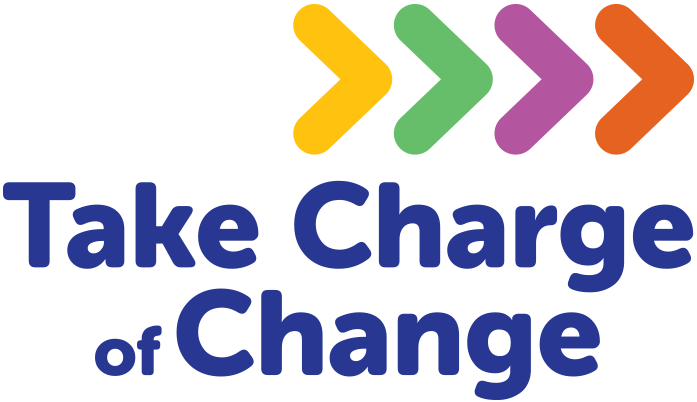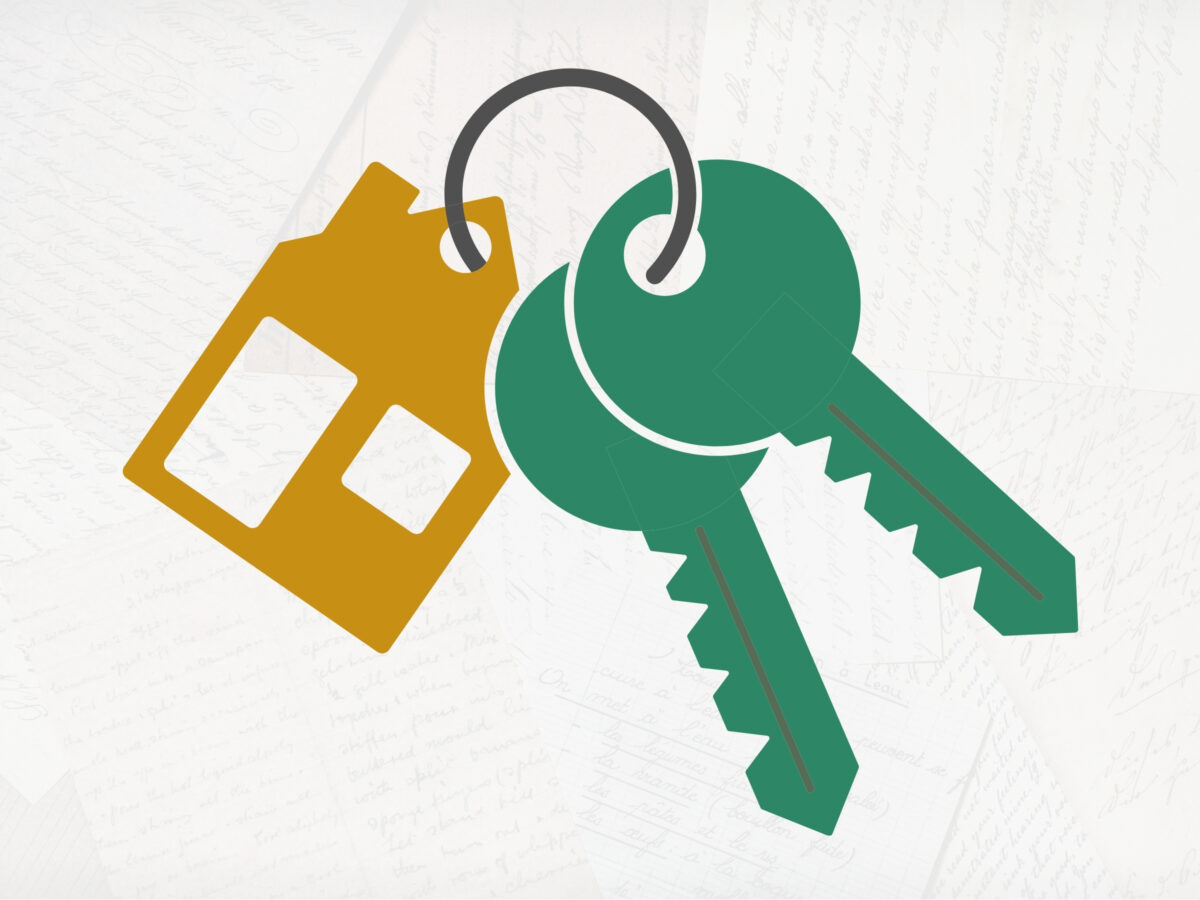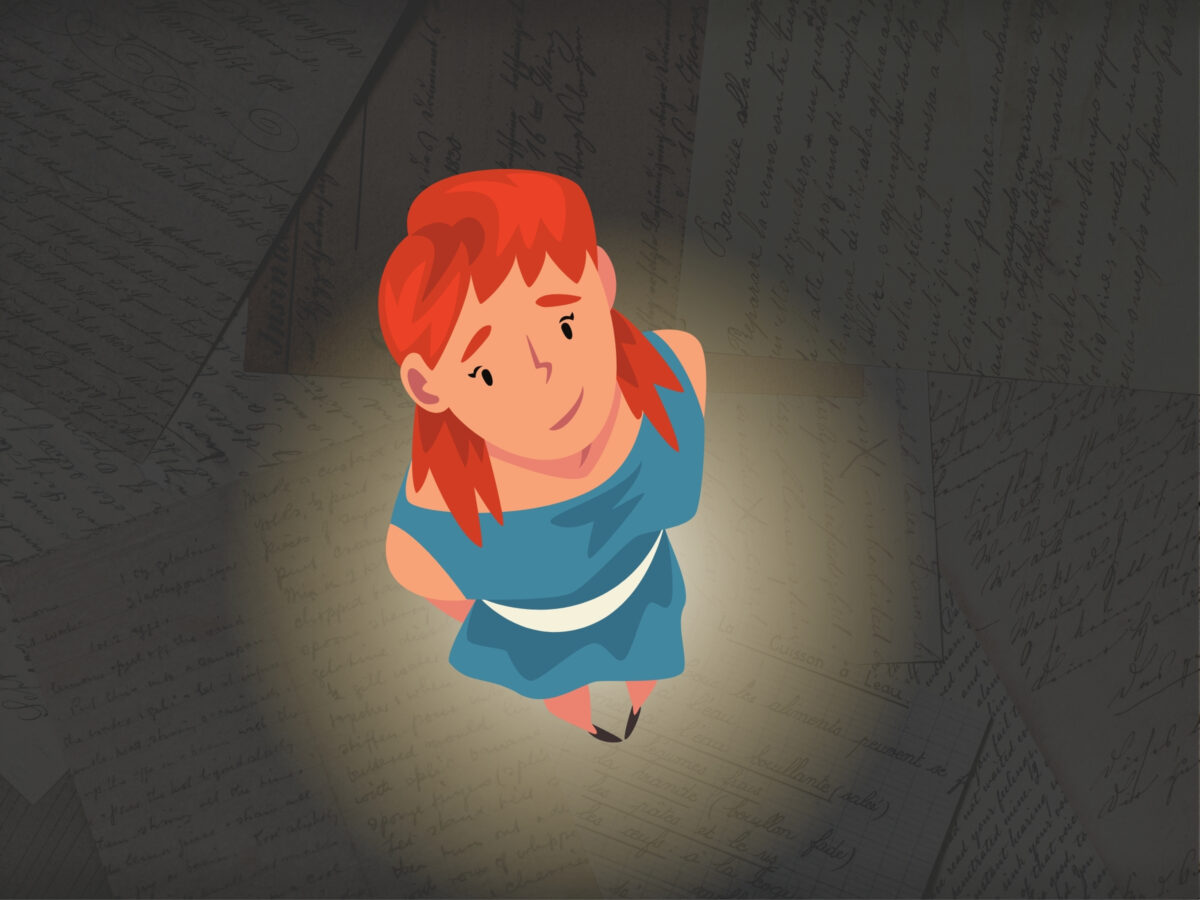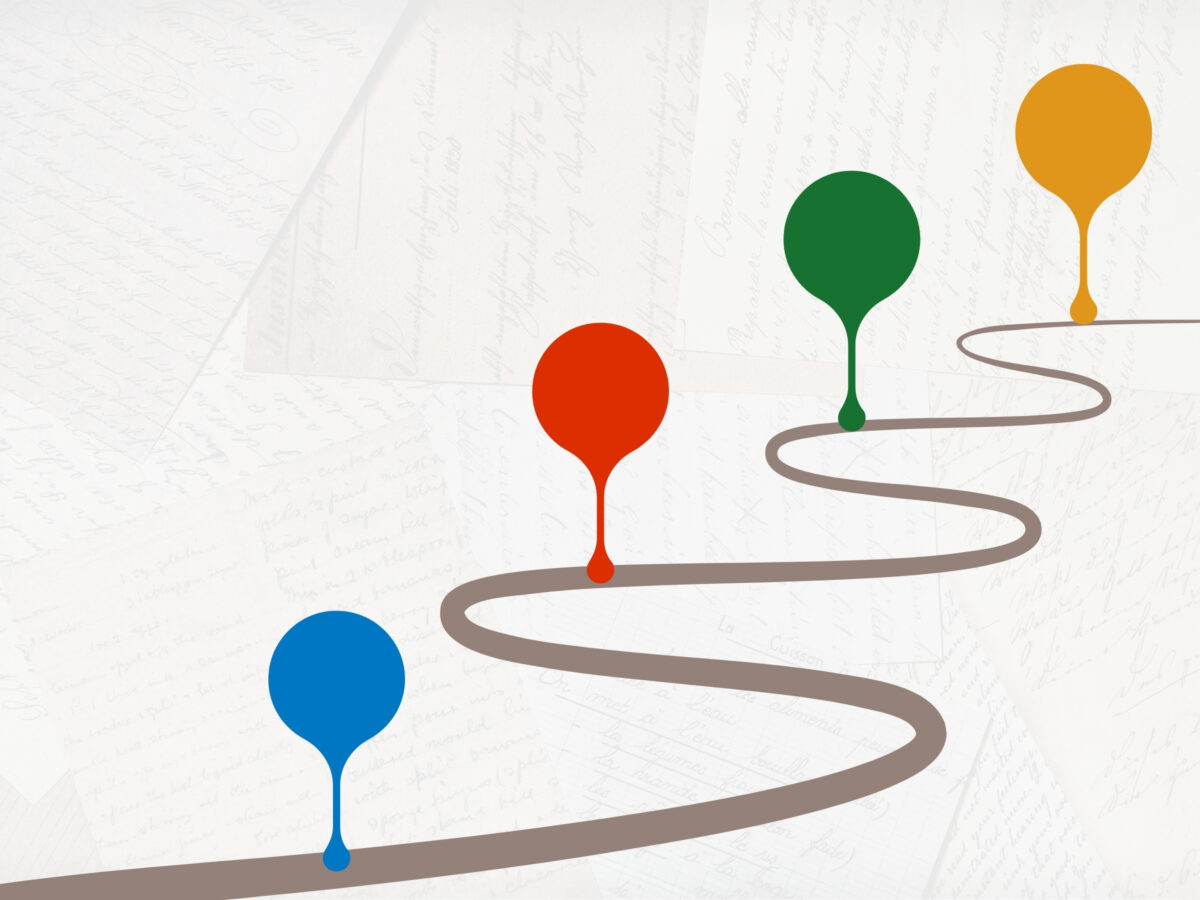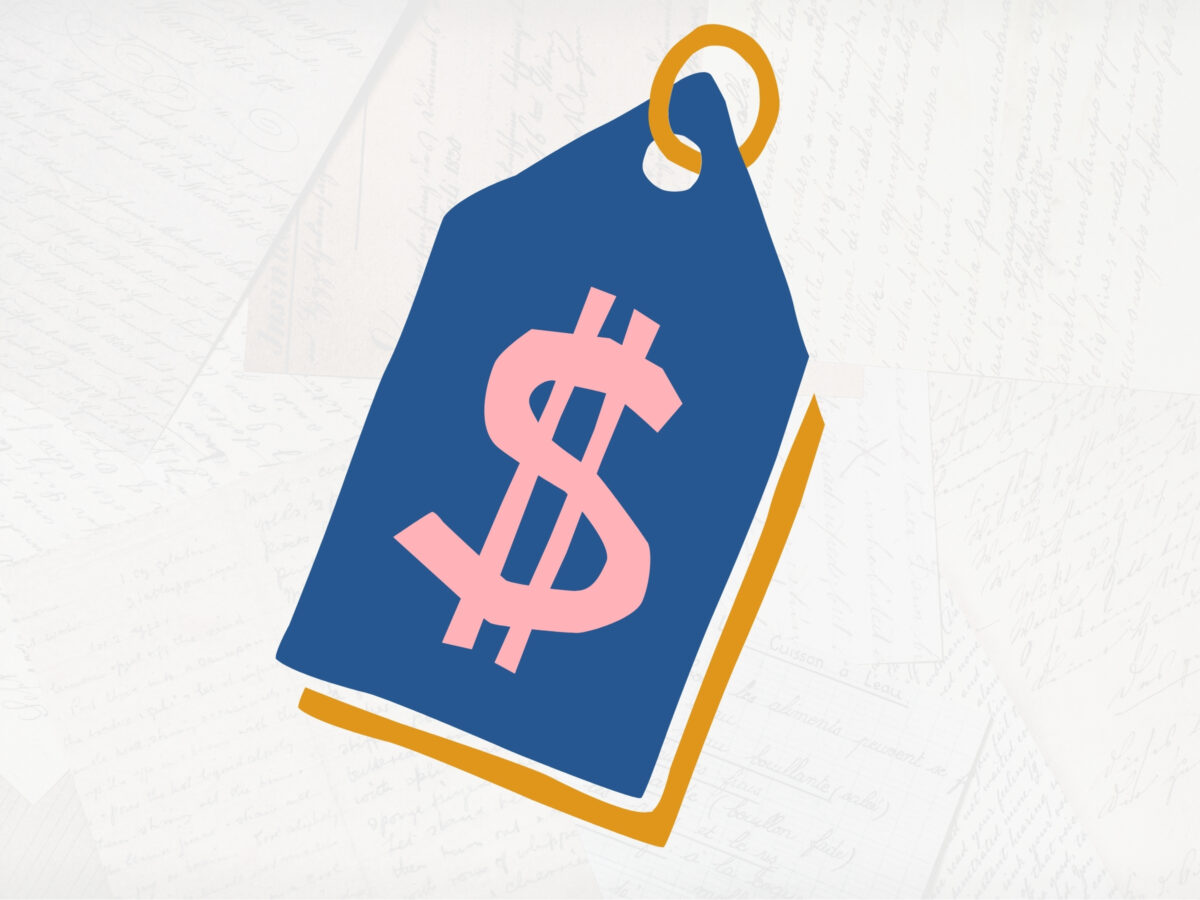Doing Adulthood while Navigating the Healthcare System with a Disability
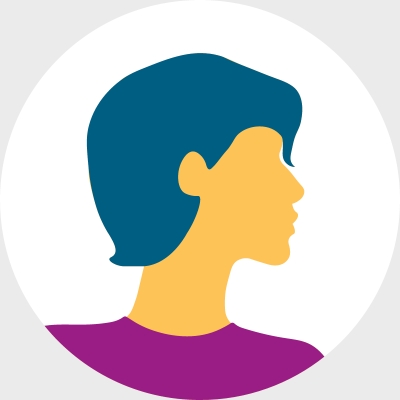
Written by a young disabled person.
First Published: 14 October, 2025
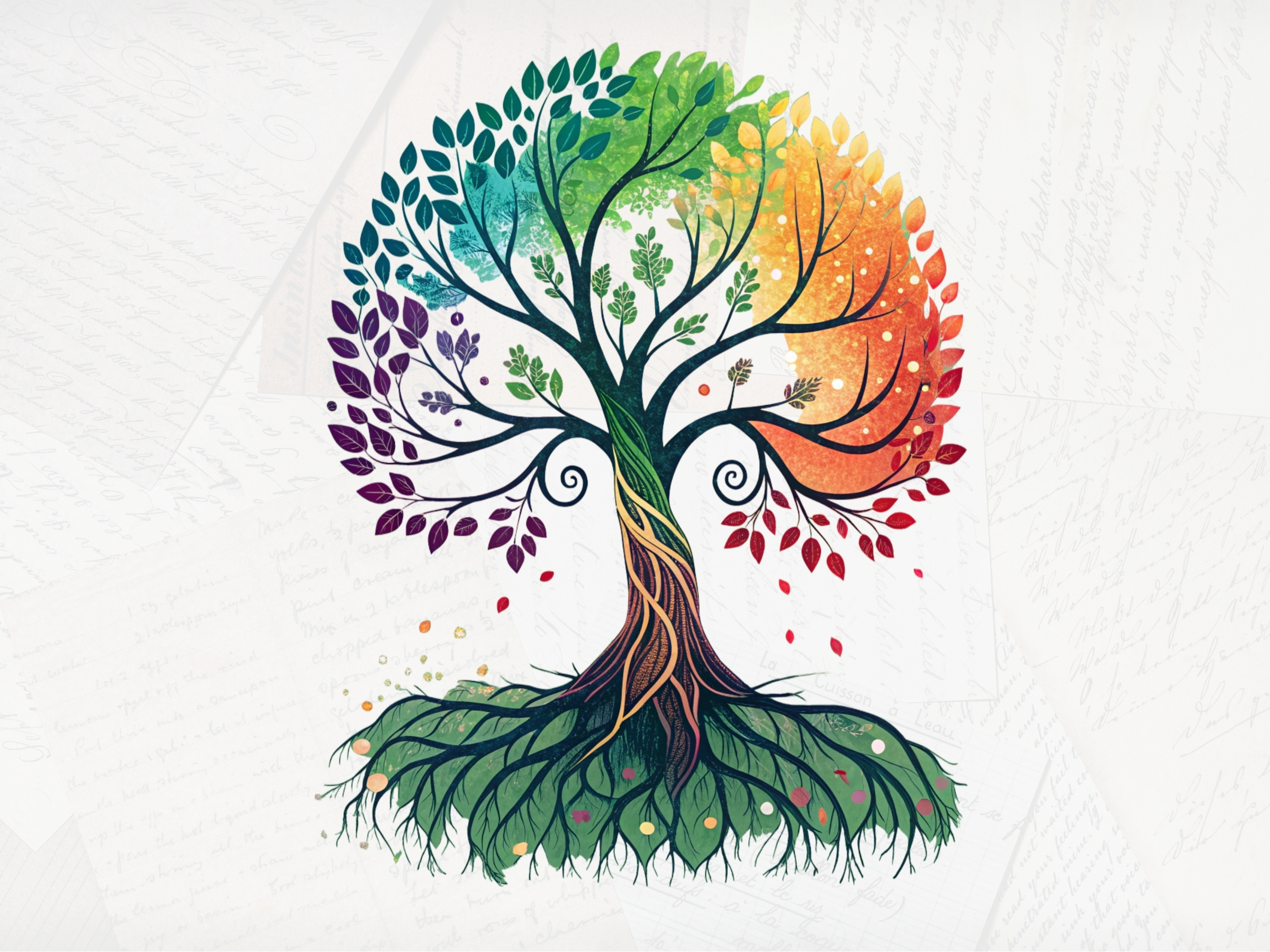
Content note: Medical trauma and systemic ableism.
Adulthood is often marked by big milestones – getting a license, starting a job, moving out. But for those of us with disabilities it’s often a different kind of journey. There may not be loud celebrations, but there is power in our quiet strength, in speaking up, and in navigating a healthcare system that rarely makes space for us.
Our milestones may not fit the mould, but they are no less meaningful. My blog-based poem is a testament to doing adulthood with a disability – navigating the healthcare system through endless medical appointments, managing invisible challenges, and still rising. It’s about owning our stories, finding our voices, and celebrating the victories others might not see – but we feel deeply.
____________________
Stepping into adulthood –
a medical file under one arm,
determination in the other.
This is the weight I carry:
owning my voice, even when it trembles
like a leaf in a storm.
Pushing past the fear –
of being ignored, forgotten, unheard.
This isn’t about parties or road trips
or movie-screen milestones.
It’s quiet strength, fierce self-advocacy –
standing tall, speaking up,
navigating a system not built for me.
Growing up disabled isn’t just surviving.
It’s finding a voice that rises
in a world that wants to hush it.
At nineteen, I’ve spent more hours
in waiting rooms
than it would take to binge every show on Netflix.
Time loops endlessly,
but through frustration and fear,
something deeper grows:
resilience.
I know the tired sigh of receptionists,
the sound of my name mispronounced,
a rushed afterthought.
I’ve seen doctors glance sideways,
eyes on screens,
judging before I speak.
Doing adulthood doesn’t look like commercials.
It’s walking into appointments,
folder clutched tight,
rehearsing my story –
so I’m not erased.
It’s sitting straighter in a cold exam room,
voice shaky but steady:
“Doctor, I don’t think this is working anymore.”
It’s remembering every question
before they rush out the door.
It’s explaining carefully,
trying not to sound “difficult” or “a burden.”
Realising “advocate for yourself”
isn’t just a poster –
it’s a daily practice.
Moments crack me open:
waiting rooms full of drifting eyes –
curious, confused, pitying.
Still, I stay.
When a doctor speaks to my companion, not me,
I say clearly, “You can talk to me.”
I stand taller.
My body says, “I’m here.”
When I share truths I’ve held for months,
not knowing how they’ll land,
I say them anyway.
I celebrate small wins –
filling out forms alone,
calling the pharmacy, holding my ground,
knowing I’m my own fiercest advocate.
No gold stars. No applause.
Just a quiet shift inside:
“Yes. This is mine to carry.
And I can carry it.”
Sometimes, after an appointment, I cry –
not out of sadness,
but from the strength it takes
to be both vulnerable and strong.
There’s victory in those tears –
quiet, powerful, mine.
Navigating healthcare with a disability
means redefining strength:
not hiding the hard parts,
but owning them.
Speaking clearly.
Asking for help without shame.
Not being fearless –
but showing up anyway,
even when it’s too much.
Knowing my experience matters –
not to be dismissed by white coats
or hidden behind screens.
People talk about milestones –
a license, a job, moving out.
Mine are quieter:
standing up for myself,
seeing gaslighting for what it is,
learning when to rest
and when to push.
Doing adulthood means knowing
independence isn’t doing it alone –
it’s knowing who to call,
how to keep going,
even when exhaustion hits.
It’s knowing I deserve care.
This isn’t a poem of complaints –
it’s a poem of power.
Roots grown in waiting rooms,
strength shaped by repetition.
Though the system wasn’t built for me,
I navigate it – because if I don’t,
my voice won’t be heard.
I am my own loudest cheerleader.
Doing adulthood with a disability
isn’t just pushing through –
it’s showing up whole,
even when they didn’t expect you to.
Your story matters.
Your symptoms are real.
Your needs are valid.
You don’t have to shrink
to fit their expectations.
Ask questions.
Take up space.
Bring someone if it helps.
Write things down.
Speak your truth,
even if your voice shakes.
You are not a burden.
You are your own best advocate.
Every time you show up for yourself,
you’re not just surviving –
you’re shifting the narrative.
You’re teaching the world
what strength really looks like.
And the world needs this.
It needs you.
It needs us.

